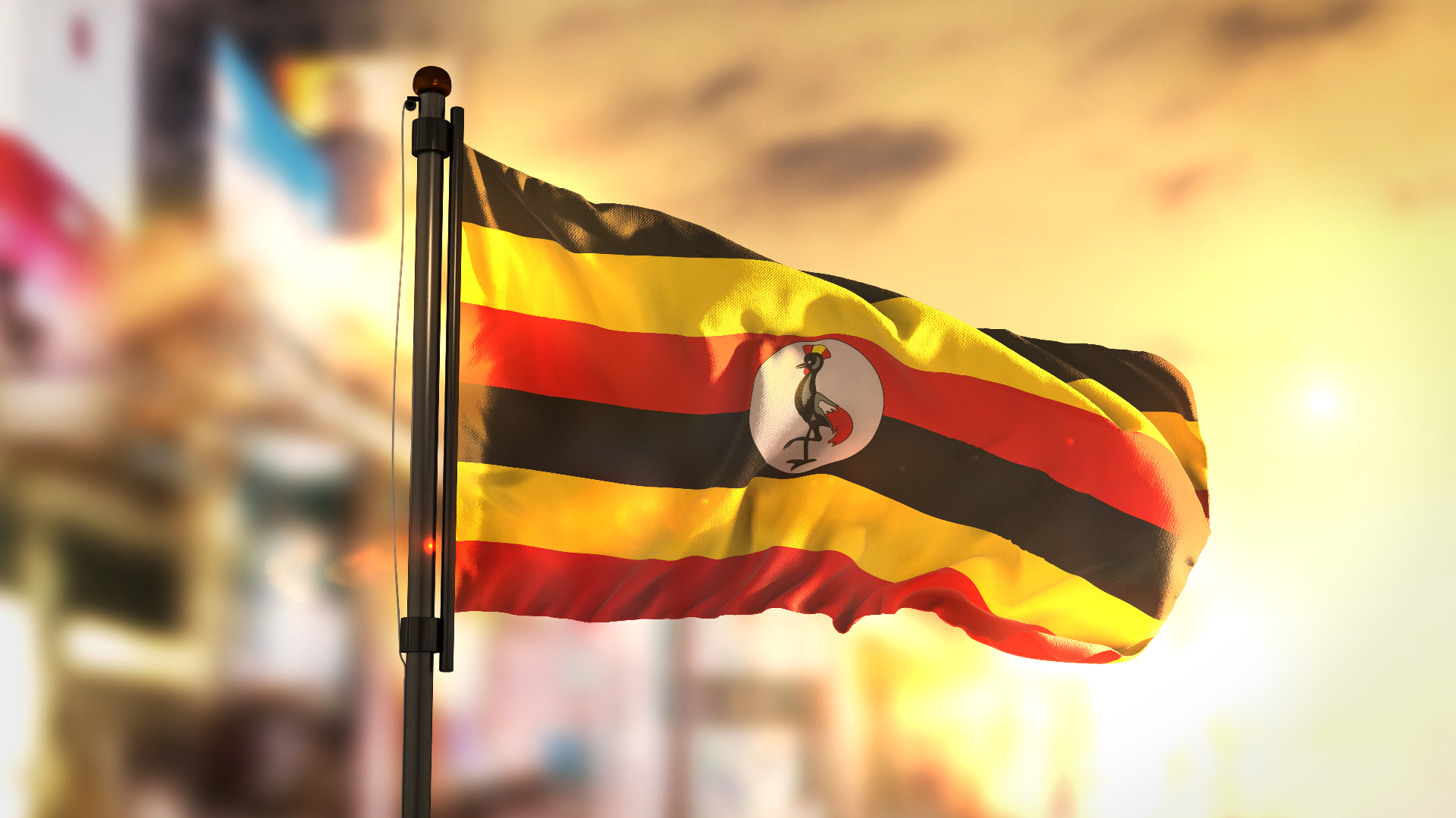Uganda’s government has an awful track record on freedom of expression. The banning of Facebook and the shutting down of newspapers were bad; the recent passing of the Misuse of Social Media Act by Uganda’s Parliament is arguably worse. Its provisions are highly restrictive and pose a direct threat to digital freedom. Here’s a quick breakdown of how and why.
Freedom of expression is vital to the political process
The right to freedom of expression is a cornerstone of civil and political rights for citizens around the world. Article 19 of the Universal Declaration of Human Rights enshrines freedom of expression as a fundamental human right. In Uganda, this right is protected under Article 29 of the 1995 Constitution.
The right to freedom of expression also allows for greater latitude when criticizing public figures. It is only through criticism that issues can be addressed, better policies and strategies developed, and political leaders held accountable for their actions and decisions.
However, in the four months since Uganda’s Misuse of Social Media Act was enacted, several social media users have been detained on charges of allegedly abusing politicians. The vaguely worded and broadly defined grounds in the statute provide an opportunity to target dissenters against the ruling regime.
Of course, the right to freedom of expression is fundamental, but speaking freely does come with certain limitations under specific conditions. The International Covenant on Civil and Political Rights states that the exercise of freedom of expression carries special duties and responsibilities and may “therefore be subject to certain restrictions.”
Common limitations to freedom of speech include (among others) libel, slander, pornography, sedition, incitement of violence, and copyright violation. It is therefore a general principle that one person’s freedom of expression may not limit the rights of others.
So notice what’s happening here: the Ugandan government, in passing the Misuse of Social Media Act, is breaking one of its own laws. It’s saying to its citizens, “WE can limit the expression of others, but you can’t.” It’s the height of hypocrisy.
Existing limitations make the Misuse of Social Media Act unnecessary
Just as absurdly, the provisions of the Social Media Misuse Act are already covered in other existing statutes; in Uganda, pornography, libel, slander, and hate speech fall under the domain of tort law, the Anti-Pornography Act, and the Penal Code.
Furthermore, the Act duplicates existing laws such as the Regulation of Interception of Communications Act and the Data Protection and Privacy Act. The result is more confusion, inefficiency, redundancy, and inconsistency.
You can apply that line of logic to your own life — especially if you have children. The more rules you give a child, the more likely contradictions become. If, for example, you say, “No TV during the week” and “Do your homework every night,” what happens if the teacher assigns homework that requires watching a certain documentary? You have to start making exceptions, which undermines your credibility.
Put another way: bad laws drive out respect for good laws.
In Uganda, unnecessary, overly bureaucratic laws will make enforcement of provisions in the Misuse of Social Media Act — not to mention all previous legislation — difficult, costly, and problematic.
In summary
Social media has become a vital way for Ugandans to express themselves and their opinions on — and to — the government. Therefore, any curtailment of social media necessarily hinders not only political engagement, but social engagement. A recent report by the Collaboration on International ICT Policy for East and Southern Africa (CIPESA) says as much: The Misuse of Social Media Act poses a significant risk to citizens’ rights to access and share information electronically.
The Act poses a significant threat to civil liberties, political commentary, and freedom of expression. As more political discussion and debate shift to the digital sphere, Ugandans will continue to find their voices stifled by this legislation. Altogether, it makes it harder for the regime to deny allegations that it is a dictatorship.
For more on the politics of internet censorship and freedom of speech, see our related video on Section 230 in the U.S.
You might also find valuable The First Amendment – What is it and why is it important?
For more content on related issues, be sure to check out our Free Society video playlist by clicking on the button below.
This piece solely expresses the opinion of the author and not necessarily the organization as a whole. Students For Liberty is committed to facilitating a broad dialogue for liberty, representing a variety of opinions.



